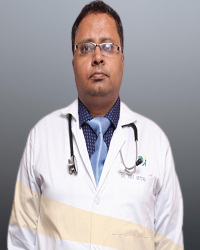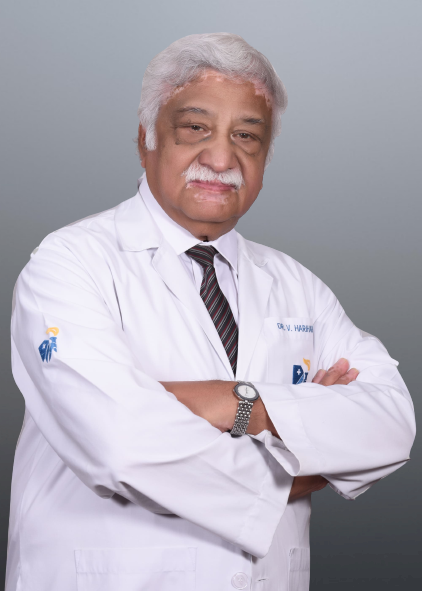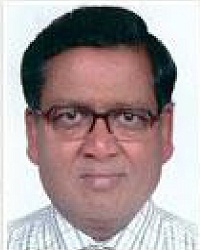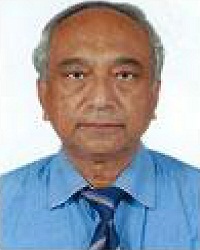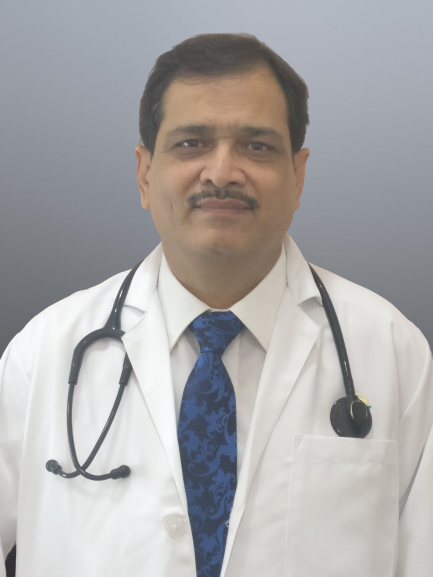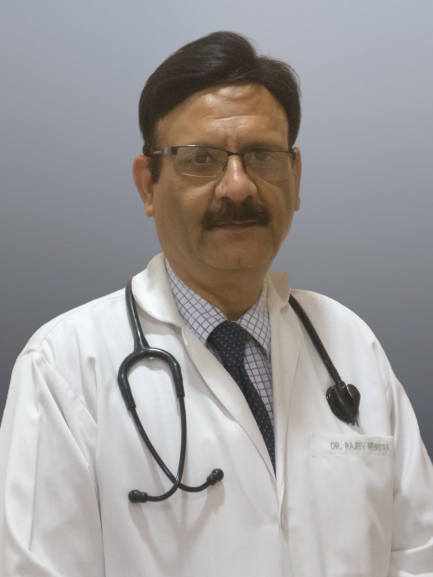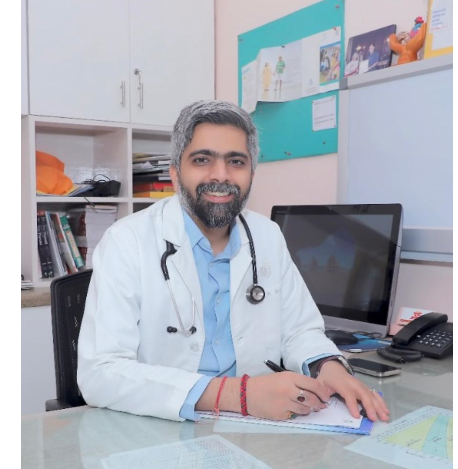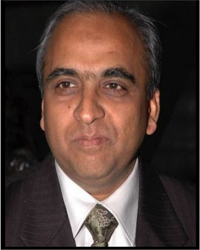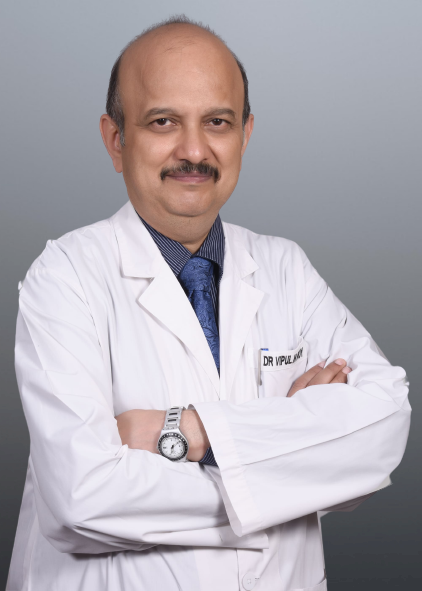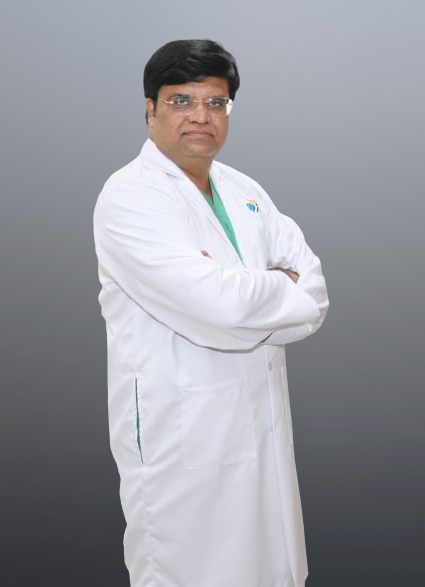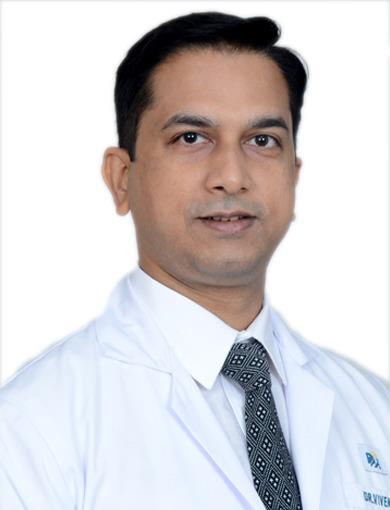Search Result: 26

Dr Alok Kumar
MD-CARDIOGRAPHY
Registration No
4730341
Language
English

18 years experience overall

Karol Bagh , Delhi
MON- SAT(09:00 AM-12:00 PM)

Dr Amit Mittal
MBBS, MD, DM(Cardiology)
Registration No
677973
Language
English, हिंदी

9 years experience overall

Sarita Vihar , Delhi
TUE, THU, SAT | WED, FRI(12:00 PM-02:00 PM | 10:00 AM-12:00 PM)

Dr Ankesh Kumar
MBBS DM Cardiology
Registration No
6364431
Language
English, हिंदी

12 years experience overall

Karol Bagh , Delhi
MON- SAT(02:00 PM-03:00 PM)

Dr Arif Wahab
MD (Medicine), DM (Cardiology)
Registration No
1177613
Language
English, हिंदी, اردو

12 years experience overall

Sarita Vihar , Delhi
MON, FRI(02:00 PM-04:00 PM)

Dr Col V Hariharan
MBBS, MD(Medicine), DM (Cardiology- AIIMS), FICA(USA) FISE FICC
Registration No
460051
Language
English, हिंदी

45 years experience overall

Sarita Vihar , Delhi
MON, WED, FRI | TUE, THU, SAT | MON, WED, FRI | TUE, THU, SAT(10:00 AM-02:00 PM | 12:00 PM-05:00 PM | 10:00 AM-02:00 PM | 12:00 PM-05:00 PM)

Dr Gautam Niloba Naik
MD (General Internal Medicine), DM (Cardiology) Fellowship in Interventional Cardiology (Royal Papworth Hospital, Cambridge, UK) Structural Heart Intervention Fellowship (Barts Heart Centre, London, UK)
Registration No
5472109
Language
English, हिंदी, ಕನ್ನಡ, ಕೊಂಕಣಿ, മലയാളം, मराठी

11 years experience overall

Sarita Vihar , Delhi
MON, WED, FRI | TUE, THU, SAT(08:00 AM-12:00 PM | 12:00 PM-04:00 PM)

Dr K K Kapur
MBBS, MD(MEDICINE), DM(CARDIOLOGY)
Registration No
495431
Language
English, हिंदी, தமிழ்

38 years experience overall

Sarita Vihar , Delhi
TUE- FRI(01:00 PM-01:15 PM)

Dr K K Saxena
MBBS, MD, DM
Registration No
346
Language
English, العَرَبِيَّة, français, हिंदी, മലയാളം

36 years experience overall

Sarita Vihar , Delhi
MON, WED, FRI | TUE, THU, SAT(12:00 PM-04:00 PM | 10:00 AM-12:00 PM)

Dr Mahesh Chandra Garg
MBBS, MD ( Medicine ), MRCP (UK), FRCP(London), FRCP ( Glasgow) FRCP (Glasgow)
Registration No
341
Language
English, हिंदी

30 years experience overall

Sarita Vihar , Delhi
SAT(11:45 AM-12:00 PM)

Dr Pradeep Jain
MBBS, MD, DM
Registration No
19097
Language
English, हिंदी

24 years experience overall

Sarita Vihar , Delhi
TUE, THU(06:00 PM-06:15 PM)

Dr Prashanta Kumar Ghosh
MBBS, MD(Med), DM(Cardiology)
Registration No
495473
Language
English, বাংলা, हिंदी

43 years experience overall

Sarita Vihar , Delhi
MON- SAT(10:00 AM-04:00 PM)

Dr Prof Sanjay Tyagi
Dr. MD (Medicine), DM(Cardiology), FAMS, FESC, FRCP (Edinburgh.), FICA (USA) , Fellow American College of Cardiology (USA) Dr. BC Roy National Awardee
Registration No
4843909
Language
English, हिंदी

35 years experience overall

Sarita Vihar , Delhi
MON- SAT(10:00 AM-02:00 PM)

Dr Rajeev Kumar Rajput
MBBS, MD, DM
Registration No
503312
Language
English, हिंदी

20 years experience overall

Sarita Vihar , Delhi
TUE, THU, SAT | MON, WED, FRI(12:00 PM-04:00 PM | 10:00 AM-12:00 PM)

Dr Rajiv Mehrotra
MD (Gold Medalist), DM Cardiology
Registration No
503325
Language
English, हिंदी

30 years experience overall

Sarita Vihar , Delhi
MON | TUE | WED | THU | FRI | SAT(01:00 PM-02:00 PM | 10:00 AM-11:00 AM | 01:00 PM-02:00 PM | 10:00 AM-11:00 AM | 01:00 PM-02:00 PM | 10:00 AM-11:00 AM)

Dr Raman Puri
MD, DM
Registration No
503294
Language
English, हिंदी

39 years experience overall

Sarita Vihar , Delhi
SAT(11:45 AM-12:00 PM)

Dr Ranjan Modi
MBBS MD DM
Registration No
5262818
Language
English, हिंदी

8 years experience overall

Nehru Enclave , Delhi
MON- SAT(10:00 AM-10:30 AM)

Dr S K Gupta
MD, DM, DIP.NB Cardiology, MNAMS, FICA (USA)
Registration No
349
Language
English, हिंदी, தமிழ்

33 years experience overall

Sarita Vihar , Delhi
TUE, THU, SAT | MON, WED, FRI(03:00 PM-04:00 PM | 01:00 PM-02:00 PM)

Dr S N Pathak
MBBS, MD(Medicine), DM (Cardiology)
Registration No
3739763
Language
English, हिंदी

16 years experience overall

Sarita Vihar , Delhi
MON, WED, FRI | TUE, THU, SAT(12:00 PM-03:00 PM | 10:00 AM-12:00 PM)

Dr Sunil Modi
MBBS (Hons.),MD (Medicine),DM (Cardiology)
Registration No
19096
Language
English, हिंदी, मराठी, ਪੰਜਾਬੀ

36 years experience overall

Sarita Vihar , Delhi
MON- SAT(11:00 AM-12:00 PM)

Dr Vanita Arora
M.D, D.N.B. (Cardiology) M.N.A.M.S, FRCP (Edinburgh), FESC, FHRS
Registration No
3605716
Language
English, हिंदी, ਪੰਜਾਬੀ

25 years experience overall

Sarita Vihar , Delhi
MON, WED, FRI | TUE, THU, SAT(12:00 PM-04:00 PM | 04:00 PM-06:00 PM)

Dr Varun Bansal
DNB (CTVS), FACS (Toronto)
Registration No
4833136
Language
English

12 years experience overall

Sarita Vihar , Delhi
MON- WED, FRI, SAT | THU(10:00 AM-05:00 PM | 03:00 PM-05:00 PM)

Dr Vipul Narain Roy
MBBS, MD, MRCP (UK)
Registration No
19348
Language
English, हिंदी

30 years experience overall

Sarita Vihar , Delhi
TUE, THU, SAT(03:00 PM-04:00 PM)

Dr Vivek Gupta
MD, DM, FESC, FEAPCI, FAPSIC,FCSI, FICC, FIC France, FIEIC, FSCAI
Registration No
342
Language
English, français, हिंदी

25 years experience overall

Sarita Vihar , Delhi
MON- SAT(01:00 PM-05:00 PM)

Dr Vivek Kumar
MBBS(GOLD MEDALIST), MD, DM PRECEPTORSHIP STRUCTURAL HEART INTERVENTION CLEVELAND CLINIC, USA
Registration No
3846511
Language
English, हिंदी

12 years experience overall

Sarita Vihar , Delhi
THU, SAT | MON- WED, FRI(09:00 AM-12:00 PM | 04:00 PM-06:00 PM)

Dr Ashish Kumar Jain
MD, DNB MBBS
Registration No
6450720
Language
English

11 years experience overall

Pusaroad , Delhi
MON- SAT(06:00 PM-07:00 PM)
Related Procedures in Delhi
Related Treatments in Delhi
Other Specialities in Delhi
- Best Urologist in Delhi
- Best Pulmonologist in Delhi
- Best General Physician in Delhi
- Best Endocrinologist in Delhi
- Best Cardiologist in Delhi
- Best Oncologist in Delhi
- Best Radiologist in Delhi
- Best Orthopedics in Delhi
- Best Hepatologist in Delhi
- Best Gynecologist in Delhi
- Best Dermatologist in Delhi
- Best Gastroenterologist in Delhi
- Best Psychologist in Delhi
- Best Ent Specialist in Delhi
- Best Nephrologist in Delhi
- Best Rheumatologist in Delhi
- Best Diabetologist in Delhi
- Best Psychiatrist in Delhi
- Best Neonatologist in Delhi
- Best Dentist in Delhi
- Best Dietitian in Delhi
- Best Haematologist in Delhi
- Best Pediatrics in Delhi
- Best General Surgeon in Delhi
Top Hospitals in India
- Hospitals in Ahmedabad
- Hospitals in Bangalore
- Hospitals in Bhubaneswar
- Hospitals in Bilaspur
- Hospitals in Chennai
- Hospitals in Delhi
- Hospitals in Guwahati
- Hospitals in Hyderabad
- Hospitals in Indore
- Hospitals in Kolkata
- Hospitals in Madurai
- Hospitals in Mumbai
- Hospitals in Mysore
- Hospitals in Nashik
- Hospitals in Noida
- Hospitals in Visakhapatnam
- Hospitals in Lucknow
- Hospitals in Bhopal
- Hospitals in Karur
- Hospitals in Kochi
- Hospitals in Nellore
- Hospitals in Trichy
- Hospitals in Kakinada
© Copyright 2024. Apollo Hospitals Group. All Rights Reserved.
 +91 8069991061
Book Appointment
+91 8069991061
Book Appointment






 Call Now
Call Now